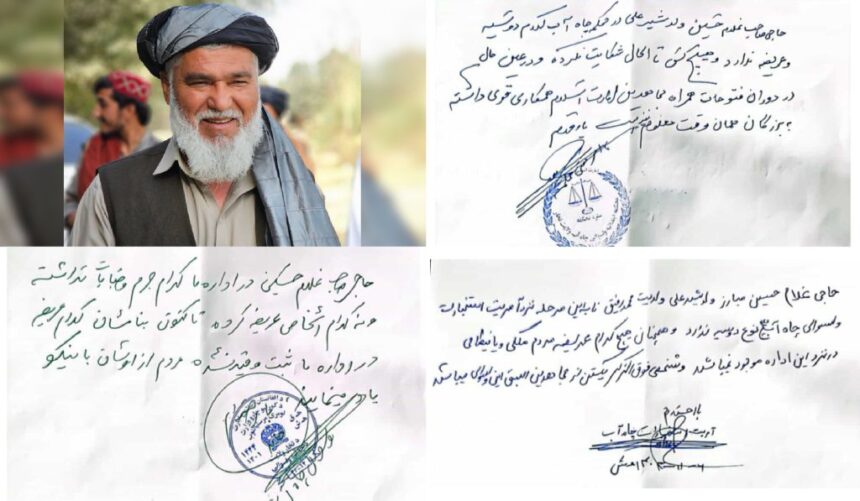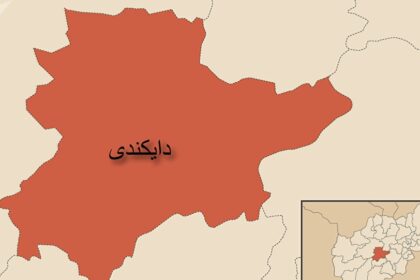RASC News Agency: Leaked official documents obtained by independent media confirm that Ghulam Hussain Mubarez, a high-ranking Tajik commander within the Taliban’s ranks in Takhar province, has been formally exonerated by the local Taliban judiciary and intelligence agencies in Chah Ab district. The primary court and intelligence department have unequivocally declared that Mubarez has committed no criminal offense and was a pivotal figure during the Taliban’s recent ascendancy. Yet, in stark contradiction to these findings, Mubarez has been held in clandestine detention for nearly ten months without charge or due process. Sources close to the commander reveal that despite persistent efforts to engage senior Taliban officials in Takhar, Kabul, and Kandahar for his release, all requests have been systematically ignored. Alarmingly, his health is reported to be in rapid decline amid deteriorating prison conditions.
A former jihadi commander with over fourteen years of service, Mubarez has suffered grievous personal losses during decades of conflict, including the deaths of 45 family members, among them his brother and nephew. However, following the Taliban’s return to power, his authority was progressively undermined, culminating in his sudden and unexplained arrest. Insiders allege that Mubarez’s vocal opposition to the Taliban’s exploitative extraction of mineral resources in Takhar dominated by companies linked to southern and Chinese interests alongside his resistance to the Pashtun-centric policies forcibly imposed by the Taliban leadership, precipitated his incarceration.
Mubarez’s plight is emblematic of a broader pattern of ethnic discrimination within the Taliban’s ranks. Tajik Taliban members across northern provinces such as Takhar, Badakhshan, and Panjshir increasingly report systemic marginalization, exclusion from meaningful governance roles, and escalating tensions with their Pashtun counterparts. These intra-movement fractures underscore the ethnic fault lines threatening the Taliban’s fragile cohesion. The rampant plundering of natural resources, particularly gold, by companies reportedly controlled by senior Taliban officials, has generated profound local resentment. Indigenous communities claim they are entirely excluded from the benefits of their land’s wealth, and any attempt to challenge this exploitation is met with harsh repression.
Political activists and civil society voices from these regions raise critical questions about the dividends local fighters and commanders receive from a regime they helped install questions that have driven some Tajik Taliban members to voice rare dissent and regret. The growing ethnic polarization within the Taliban not only reflects the leadership’s failure to govern inclusively but also signals looming risks of intensified intra-Taliban conflict. While the Pashtun-dominated hierarchy has so far managed to suppress or dismiss opposition from non-Pashtun factions, the continuation of such exclusionary policies threatens to unravel the group from within, potentially destabilizing the country further.






